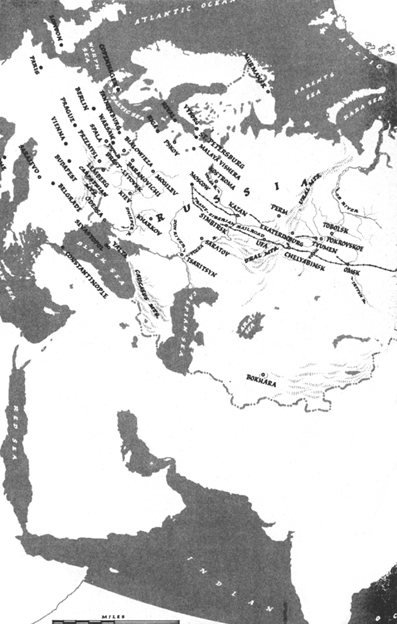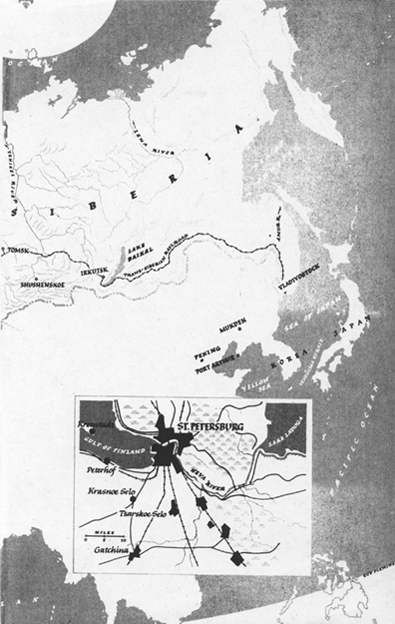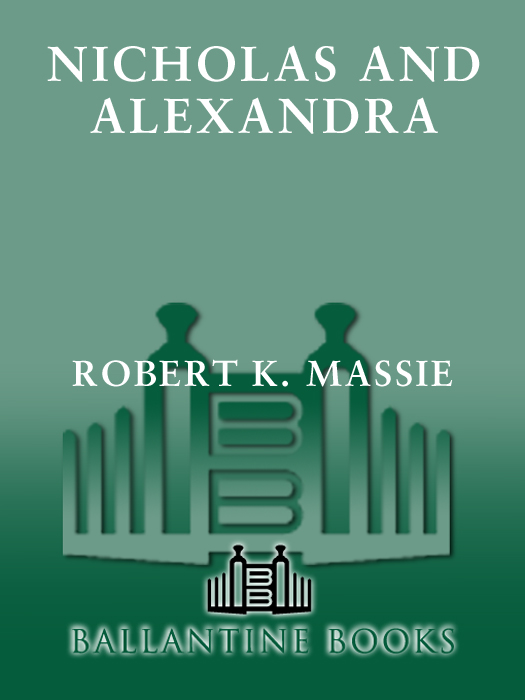given her. To produce these reactions in other people, she used means so conventional and modest that they appear almost sublime. She realized that people preferred to talk rather than to listen and to talk about themselves rather than anything else. In this respect, her mother, pathetically anxious to be considered important, had provided a telling example of how not to behave.
Other feelings were stirring within her. Sophia was awakening to sensuality. At thirteen and fourteen, she often went to her room at night, still restless with nervous energy. Attempting to find some release, she sat up in bed, placed a hard pillow between her legs, and, astride an imaginary horse, “galloped until I was quite worn out.” When maids outside her room came in to investigate the noise, they found her lying quietly, pretending to be asleep. “I was never caught in the act,” she said. There was a reason for her steely control in public. Sophia had a single, overriding desire: to escape her mother. She understood that her only avenue of escape would be marriage. To achieve that, she must marry—and marry not just any husband, but one who would raise her in rank as far as possible above Johanna.
She succumbed, however, to one episode of adolescent infatuation. At fourteen, she flirted briefly with a handsome young uncle, her mother’s younger brother, George Lewis. Ten years older than Sophia and attracted by the fresh innocence of his blossoming niece, this pomaded lieutenant of cuirassiers began to pay court. Sophia describes the progress of this little romance, which ended with her uncle George suddenly asking her to marry him. She was dumbfounded. “I knew nothing about love and never associated it with him.” Flattered, she hesitated; this man was her mother’s brother. “My parents will not wish it,” she said. George Lewis pointed out that their family relationship was not an obstacle; unions of this kind often occurred in the aristocratic families of Europe. Sophia was confused and allowed Uncle George to continue his suit. “He was very good looking at the time, had beautiful eyes, and knew my disposition. I was accustomed to him. I began to feel attracted by him and did not avoid him.” In the end, she tentatively accepted her uncle’s proposal, provided “my father and mother give their consent. At that point, my uncle abandoned himself entirely to his passion which was extreme. He seized every opportunity of embracing me and was skilled at creating them, but apart from a few kisses, it was all very innocent.”
Was Sophia really prepared to set aside her ambition to become a queen in order to become her own mother’s sister-in-law? For a moment, she teetered. Perhaps she might have given in, permitted George Lewis to have his way, and married him. But before anything final had happened, a letter arrived from St. Petersburg.
Also by Robert K. Massie
PETER THE GREAT
DREADNOUGHT
JOURNEY (coauthor)
THE ROMANOVS
CASTLES OF STEEL

Howard Ross
ABOUT THE AUTHOR
ROBERT K. MASSIE was born in Lexington, Kentucky, and studied American history at Yale and modern European history at Oxford, which he attended as a Rhodes Scholar. He was president of the Authors’ Guild from 1987 to 1991. His previous books include


A Ballantine Book
Published by The Random House Publishing Group
Copyright © 1967 by Robert K. Massie
Copyright renewed 1995 by Robert K. Massi
Introduction copyright © 2000 by Robert K. Massie
Excerpt from Catherine the Great copyright © 2011 by Robert K. Massie.
All rights reserved.
Published in the United States by Ballantine Books, an imprint of The Random House Publishing Group, a division of Random House, Inc., New York, and simultaneously in Canada by Random House of Canada Limited, Toronto. Originally published by Atheneum Publishers in 1967.
Ballantine and colophon are registered trademarks of Random House, Inc.
www.ballantinebooks.com
Cataloging-in-Publication Data is available upon request from the Library of Congress.
This book contains an excerpt from Catherine the Great by Robert K. Massie. This excerpt has been set for this edition only and may not reflect the final content of the forthcoming book.
eISBN: 978-0-307-78847-4
v3.1_r1


